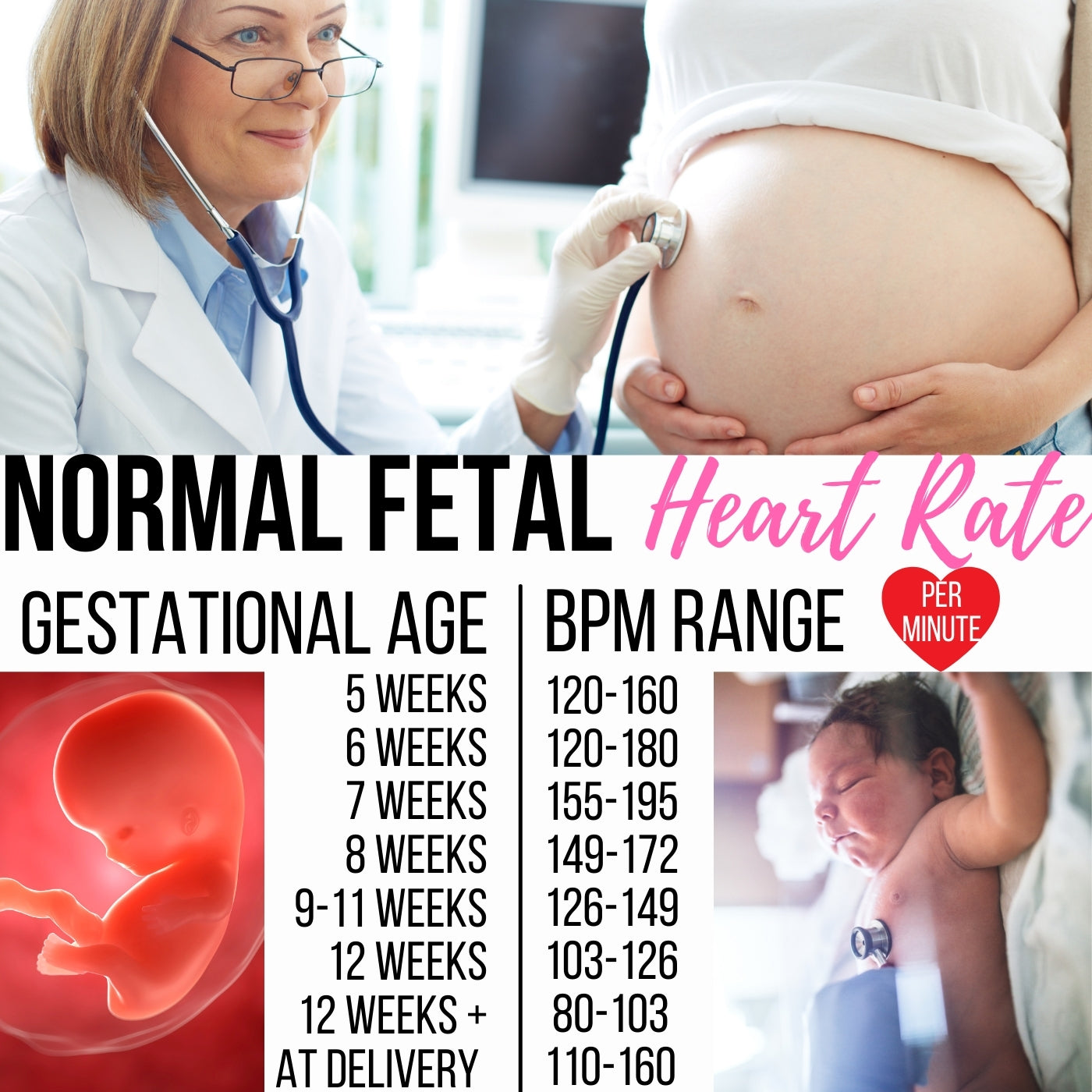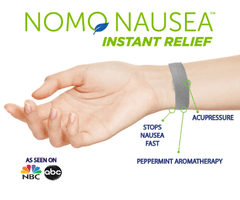
When Can You Hear Baby Heart Rate
Today you will learn the science behind how you can here your babies heartbeat, at what gestational age your babies heart starts working in utero, and a normal fetal heartrate chart telling you what’s normal and what’s not all coming up as I, your favorite pregnancy doctor, drops the beat on your babies heart in Episode 73: When can you hear the babies heartrate
Listen to "When Can You Hear The Babies Heartrate? Pregnancy Podcast Pukeology Ep. 73" on Spreaker.

When Can You Hear Baby Heart Rate?
The heart is one of the organs which develop very early during the organogenesis stage. The baby’s heart start to develop very early in utero and changes in the heart continue to even after birth as the baby adapt to the new environment outside the womb. For instance, there are numerous ducts in your baby’s heart which close after birth. Fetal heart rate can always be monitored by various mechanism ranging from electronic methods to fetal heart rate apps and even stethoscope and fetoscope used by medical practitioners.
Your baby’s heart rate is a very essential component in determining the wellbeing of your fetus in the womb and even during birth. It may vary from time to time but there is a normal range for your baby’s heart rate which you need to know.

When Can You Hear Your Baby’s Heart Rate with a Doppler?
Your baby’s heart rate can be heard as early as the first trimester of your pregnancy. First trimester is the period from first week to 13th week of your pregnancy. The earliest methods which can be used to detect fetal heart rate is a Doppler ultrasound when you go for your antenatal care clinic. Doppler ultrasound can detect fetal heart rate as early as 10 weeks gestation but normally is heard at around 12 weeks. The doppler ultrasound apart from detecting fetal heart rate can also detect any anomalies in your babies heart which is very important for an early diagnosis. Vaginal ultrasound can detect heart beat as early as 6 weeks.
When can you hear your baby heartbeat?
Hearing your baby’s heartbeat by use of ear only may be quite difficult but some mothers report hearing and probably this is one of the methods which was used traditionally. At around 20 weeks you can hear your baby’s heart beat using a stethoscope. It is always a joy for mothers when they hear their baby’s heart beating. For some mothers it may be difficult to differentiate a baby’s heart beat and a bowel movement and this comes with practice. You may request your doctor to assist you in listening to baby’s heartbeat.
Also your doctor may listen for the baby’s heart beat using a device called a fetoscope . There are other electronic fetal heart rate monitoring devices which are available and can be used even at home. If you are not able to feel your baby’s heartbeat, you may need to see a doctor.
Normal Fetal Heart Rate
The heart rate of your baby usually varies a lot. However there are cut off ranges which are recognized to be normal for a fetus at a particular gestation. For instance at around 9 to 10 weeks, the fetal heart rate range is about 140 beats per minute to 170 beats per minute. The recognized normal range for fetal heart rate is 110 to 160 beats per minute after the first trimester.
Abnormal Fetal Heart Rates
When should you be worried about the heart rate of your baby? Baby’s heart rate is very essential for monitoring your baby in utero and this also include fetal movements. When your doctor notices no fetal heart rate, it may be a bad sign and you may need to do other investigations to determine the viability of your child. Lack of fetal heart rate may signify a molar pregnancy or a baby’s death while still in the womb.
Taking stimulants may such as coffee may increase the heart rate of your fetus and also the fetus heart rate may have diurnal variation.

